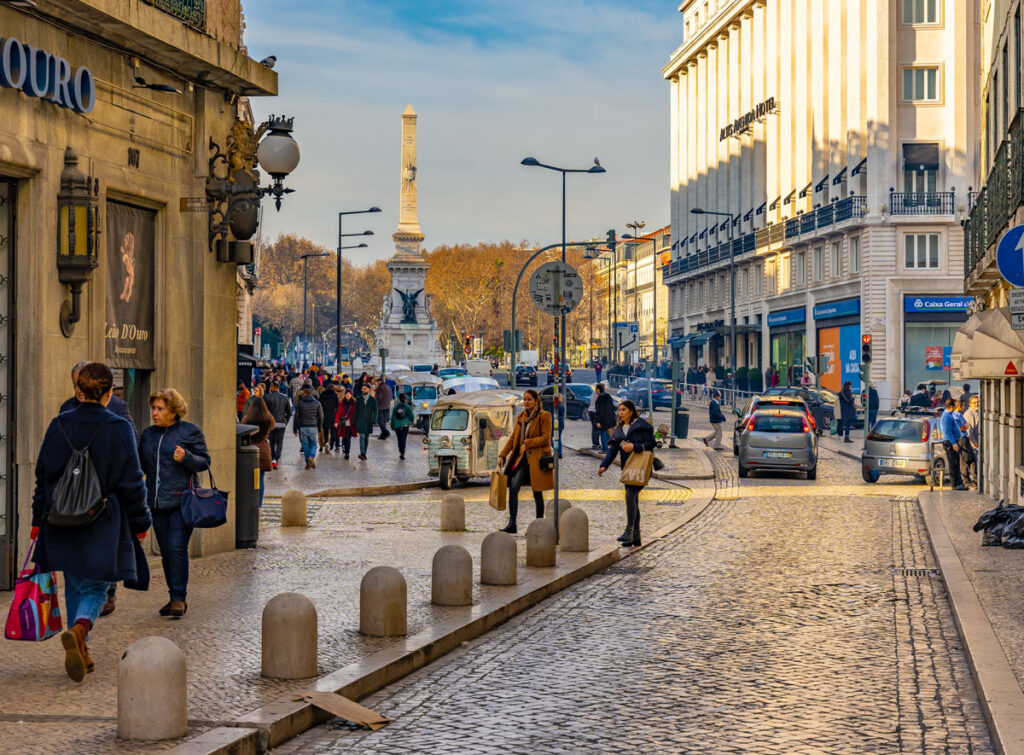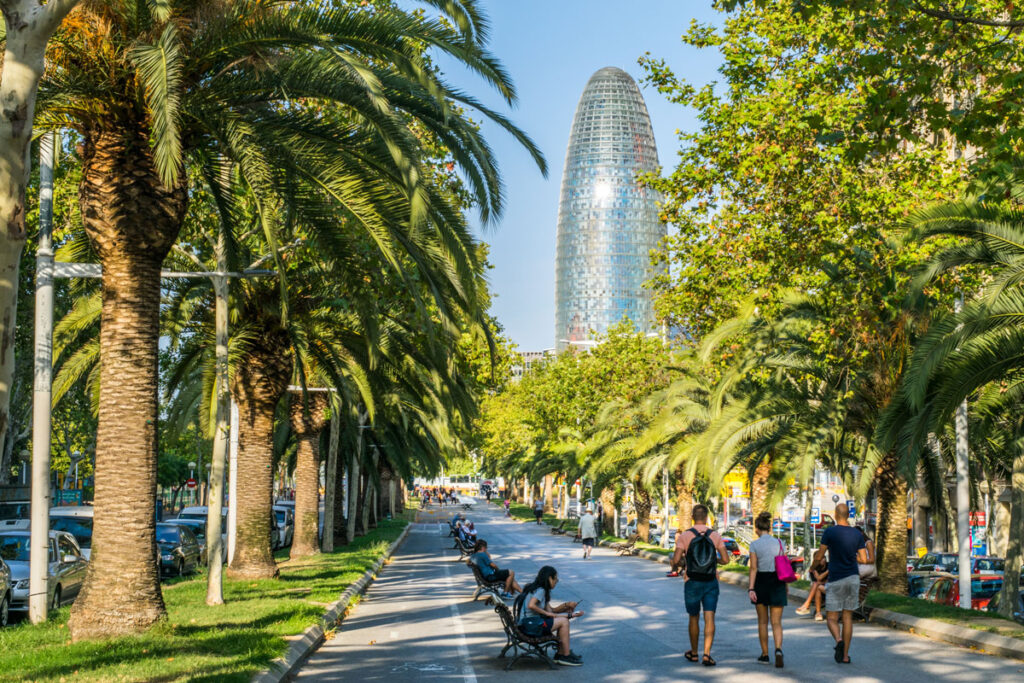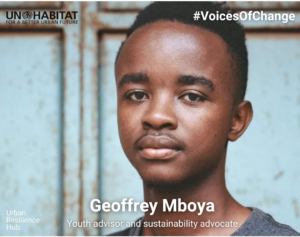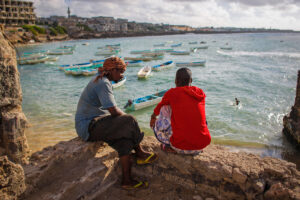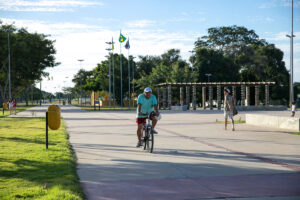A complex multidimensional system containing an endless number of elements constantly interacting among themselves. Functioning as a unit. Growing exponentially. Becoming more and more smart and intelligent. The cradle of cutting edge innovations. But still very vulnerable. Fragile enough to collapse like a house of cards just in one day. This is what our cities are like: the largest concentration of both the world’s biggest wealth and the most challenging issues. They are constantly facing impacts of different kinds due to natural, technological, social or other causes, which not only pose serious risk for the urban living, but also produce significant losses, both material and human.
Rapid and unpredictable climate change, without a doubt, is one of the most crucial threats to the urban living. For example, serious floods, such as the recent one of the Seine Basin in Paris, reveals the fragility even of the most modern urban areas and the vulnerability of their critical infrastructures – the backbone of each city upon which our daily life depends on.
In this context, in May 2016 RESCCUE was born, Europe’s first large-scale innovation and urban resilience project, aimed to improve the capability of cities to anticipate, prepare for, respond to, and recover from significant multi-hazard threats with minimum damage. The RESCCUE approach turned a new page by leaving sectorial approaches behind and instead considering the cities as systems of interdependent systems. The four-year duration project goes beyond the conventional analysis of the climate change effects on single critical infrastructures, such as energy, water or transportation. The RESCCUE perspective is a holistic one, which focuses rather on the interconnections than on separate city units of the urban infrastructure networks.
The RESCCUE is built upon the what-if construct: if there is flooding in Barcelona, then for example, urban drainage and water supply services will be affected. For its part, an interrupted water supply will impact, among others, the health service. In this way, the project analysis real interdependences of three European cities: Barcelona, Bristol and Lisbon – all very different in terms of climate type and city characteristics. The aim of having three cities as the validation platform and first application of RESCCUE’s results will guarantee that the final product, innovative models and tools for urban resilience assessment, is complete and replicable. In addition, it is worth mentioning that the three research sites are members of the “100 Resilient Cities” organization pioneered by The Rockefeller Foundation. This means that these cities have already shown a strong commitment for the resilience building through the funding of specific measures, such as supporting the role of the Chief Resilience Officers of the selected cities or providing training and materials to the cities. Furthermore, this initiative promotes the exchange of experiences and ideas among cities, so RESCCUE has an essential opportunity to present its results worldwide.
On the basis of the results obtained in the three research sites, RESCCUE will come up with a set of models and tools to analyse urban resilience based on a multisectorial approach that overcomes current difficulties related to lack of information integration of the different urban services. To get it, sectorial models related to key urban services such as water, electricity and transport will be set-up and validated in order to simulate hazards and risks. In order to study the connections among abovementioned European cities, the project took the advantage of the existent HAZUR® tool. The HAZUR® is based on a method and software to help city decision makers and urban resilience professionals make fully informed and structured choices strengthening the resilience of their cities, by monitoring the whole city on a real time and simulating cascade effects in case of impacts that may affect the city.
Apart of the pilot cities, another seal of quality is the fact that RESCCUE not only assesses urban resilience under current climate scenarios but also provides projections on the future climate at local scale, facilitating thus the evaluation of climate change impacts in urban services. For example, the very first RESCCUE results on the climate change scenarios showed that the mean sea level could rise up to 50 cm in Lisbon and 60 cm in Bristol by 2100. In this sense, the RESCCUE framework gives the opportunity for Barcelona, Bristol and Lisbon to prepare the umbrella before it rains.
Finally, it is worth highlighting the transversality of the team behind the RESCCUE. This project brings together a whole range of experts, representing the main players involved in building urban resilience. RESCCUE, which is led by Aquatec – SUEZ Advanced Solutions, counts with UN agency UN-Habitat, Bristol, Barcelona and Lisbon City Councils, utilities such as Endesa, EDP, Aguas de Portugal and Wessex Water, four research centers: Cetaqua, FIC, LNEC and IREC, The University of Exeter and École des Ingénieurs de la Ville de Paris and SMEs such as Opticits, Hidra and UrbanDNA. Each of the 18 RESCCUE partners brings to the project their knowledge and expertise with the one and only purpose: to make our cities a safer place to live in the context of every time more challenging climate change.


